
Breaking News: Unilorin Alumi Association: 'We were warned' - Opinion
Breaking News: Breaking: Court Restrains Oyo Assembly from Further Impeachment Process Against Makinde’s Deputy, Olaniyan
Breaking News: Labour leaders physically assault Ogun journalists for covering strike, harass hospital workers
Breaking News: Congratulations Asiwaju – Osinbajo’s spokesperson accepts defeat
Breaking News: Finalissima: Messi steals show, beats European Champion, Italy
The Independent National Electoral Commission, INEC, has admitted hitches during the last weekend national assembly and presidential elections, saying the planning was painstaking but implementation challenged.
The Chairman of the Commission, Pro Mahmood Yakubu, said this during a meeting with Resident Electoral Commissioners, RECs, in Abuja on Saturday.
The Chairman who admitted some of the challenges to be unforeseen identified logistics, technology, personnel, challenging environments, party agents, etc, as some of the challenges faced during the election.
Prof Mahmud who hinted that lessons have been learnt explained that the immediate concern of the Commission is how to identify the challenges and address them ahead of the governorship and state house of assembly elections.
The Chairman charged the Commissioners to work harder in order to overcome the identified challenges experienced during the last elections, adding that nothing less would be acceptable by Nigerians.
“No doubt, last week’s national elections raised a number of issues that require immediate, medium, and long-term solutions. The planning for the election was painstakingly done. However, its implementation came with challenges, some of them unforeseen.
“The issues of logistics, election technology, behaviour of some election personnel at different levels, attitude of some party agents and supporters added to the extremely challenging environment in which elections are usually held in Nigeria.
“We appreciate the sacrifice and doggedness of Nigerians and the dignity and maturity displayed by political leaders even in the context of divergent views about the election. A lot of lessons have been learnt.
“Of immediate concern to the Commission is how the identified challenges can be addressed as we approach the concluding phase of the General Election involving the largest number of constituencies i.e. 28 State Governorship elections and 993 State Houses of Assembly seats.
“As we approach the Governorship and State Assembly elections, we must work harder to overcome the challenges experienced in the last election. Nothing else will be acceptable to Nigerians.”
The INEC boss revealed that petitions and complaints have been received from different political parties, assuring that wherever and infraction is proven, there would be redress.
He however approved immediate sanction for regular or ad hoc officials found wanting during the elections.
“Arising from last week’s election, the Commission has received reports from our State offices well as complaints and petitions from political parties and candidates.
“Where infractions of any kind are proven, there will be redress. I must add that any action taken by the Commission is without prejudice to the rights of parties and candidates to seek further remedy as provided by law.
“All staff found to be negligent, whether they are regular or ad hoc officials, including Collation and Returning Officers, must not be involved in forthcoming elections.
“RECs must also immediately initiate disciplinary action where prima facie evidence of wrongdoing has been established.”
Prof Mahmud assured that the Bimodal Voter Accreditation System, BVAS, will once again be deployed for voter accreditation and result management during the state elections, adding that the commission has intensified review of the technology.
“On Election Day technology, the Bimodal Voter Accreditation System (BVAS) will once again be deployed for voter accreditation and result management.
“The deployment of BVAS has gone a long way to sanitise voter accreditation as can be seen from the result of recent elections. Since last week, the Commission has intensified the review of the technology to ensure that glitches experienced, particularly with the upload of results are rectified. We are confident that going forward the system will run optimally.”
Mahmud explained that winners have been declared on 423 national legislative seats which were contested, hinting that supplementary elections will be held in 46 constituencies.
In terms of party representation, Mahmud said, the incoming national assembly would be the most diverse since 1999 as dominance of the two major political parties was challenged by six other parties.
“In last Saturday’s elections, winners have also been declared for 423 national legislative seats while supplementary elections will be held in 46 constituencies.
“In the Senate, 98 out of 109 seats have been declared. So far, seven political parties have won senatorial seats while in the House of Representatives, 325 out of 360 seats have been won by eight political parties.
“In terms of party representation, this is the most diverse national assembly since 1999.”
According to the INEC, the All Progressives Congress, APC leads both the red and green chambers with 57 and 162 seats respectively; while the Peoples Democratic Party, PDP followed with 29 seats in the senate and 102 at the House of Representatives.
The Labour Party, which came third in the election, secured six seats in the Senate and 34 seats at the House of Reps. The New Nigeria Peoples Party, NNPP, put up a good fight with 18 seat at the House of Representatives and 2 seat at the Senate.
Newsletter

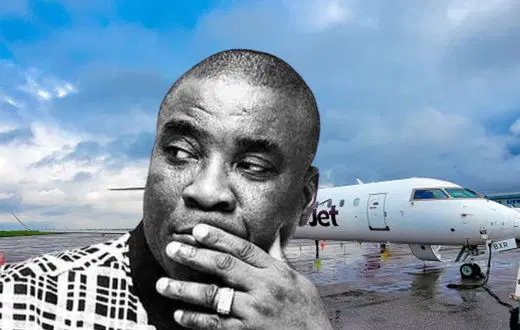
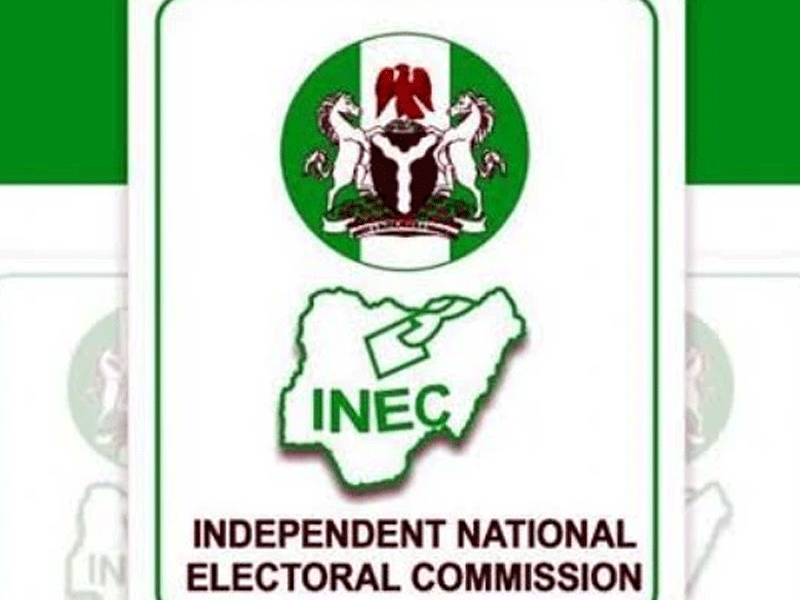
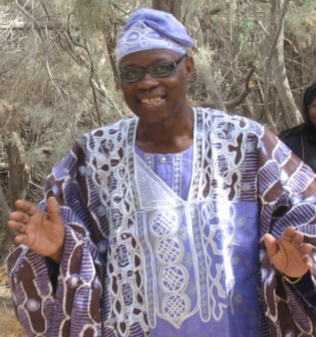
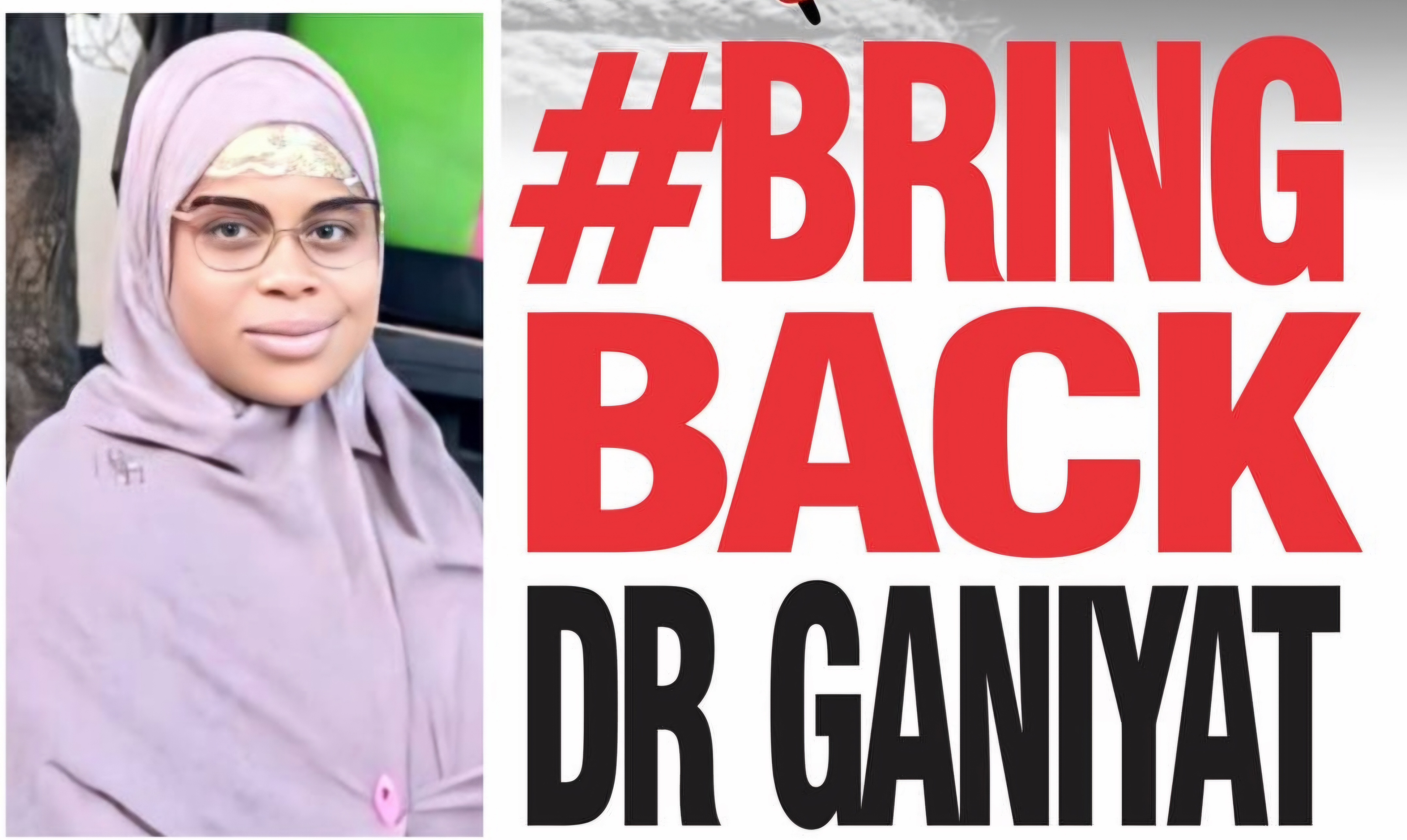
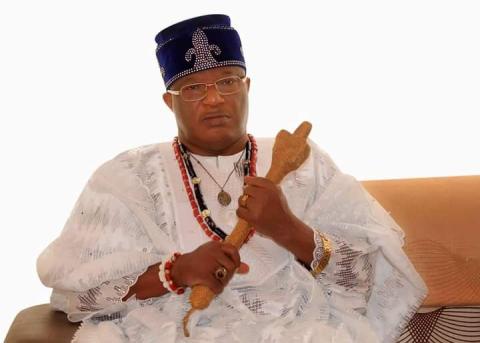
We are not gonna make spamming
Copyright By @ HorizonTimes - 2026
BACK TO TOP